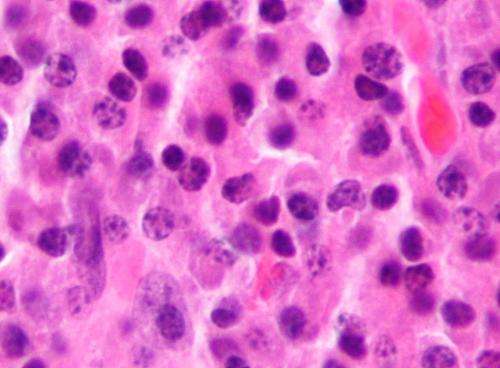Sleep Disorders as Potential Early Signs of Neurodegenerative Diseases

Emerging research links sleep disorders like REM Sleep Behavior Disorder (RBD) to the early development of neurodegenerative diseases such as Parkinson's and Lewy body dementia, offering promising avenues for early diagnosis and intervention.
Recent research highlights the significance of sleep disorders, particularly REM Sleep Behavior Disorder (RBD), as early indicators of neurodegenerative conditions like Parkinson's disease and Lewy body dementia (LBD). Conducted at the Center for Advanced Research in Sleep Medicine (CARSM) at Montreal's Sacré-Coeur Hospital, the studies involve patients who exhibit abnormal behaviors during REM sleep, such as punching, kicking, and screaming—which are deviations from the typical muscle paralysis seen during dreaming. Unlike sleepwalking, which occurs during slow-wave sleep, RBD manifests during REM sleep and usually affects individuals around middle age.
While factors like antidepressant use and sleep apnea can contribute to RBD, its presence is particularly concerning due to its strong association with the development of Parkinsonian syndromes and LBD. Nearly 90% of individuals diagnosed with RBD eventually develop these neurodegenerative diseases. Experts are actively investigating the brain atrophy patterns linked to RBD to understand disease progression better, with preliminary findings being published in eBioMedicine.
Through advanced imaging and machine learning, researchers have identified two distinct patterns of brain deterioration: one starting in the cortex and spreading inward, associated with LBD, and another beginning inward and progressing outward, common in Parkinson's disease. These insights aim to facilitate early detection and personalized treatment strategies by enabling clinicians to identify disease stages from MRI scans more objectively than traditional assessments.
The overarching goal is to discover reliable biomarkers that can predict disease progression, allowing for timely interventions. This research underscores the importance of sleep disorder screenings in at-risk populations as a potential window for early diagnosis of neurodegenerative diseases, ultimately advancing efforts to develop more effective treatments.
Stay Updated with Mia's Feed
Get the latest health & wellness insights delivered straight to your inbox.
Related Articles
Patients’ Perspectives on the Use of Artificial Intelligence in Dentistry
A recent study highlights patient attitudes towards AI in dental diagnostics, emphasizing cautious optimism and the need for human oversight in dental care technologies.
Resuscitation Units in Hospitals Enhance Critical Care, Boost Efficiency, and Reduce Costs
Hospitals with specialized resuscitation units are improving patient outcomes, enhancing operational efficiency, and reducing healthcare costs by providing rapid, coordinated critical care for the most vulnerable patients.
Study Finds Cycling May Offer Greater Brain Health Benefits Than Walking
Discover how cycling as a daily activity may reduce the risk of dementia and support brain health, based on recent research involving hundreds of thousands of adults.
Innovative Approach Using Iron to Target Multiple Myeloma Cells
Duke University researchers have discovered that inhibiting the enzyme STK17B can trigger ferroptosis in multiple myeloma cells, offering a new promising treatment strategy to overcome drug resistance and improve outcomes for patients.



